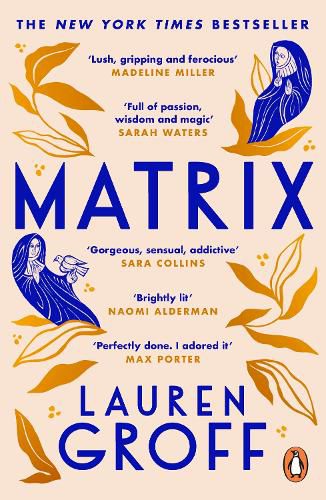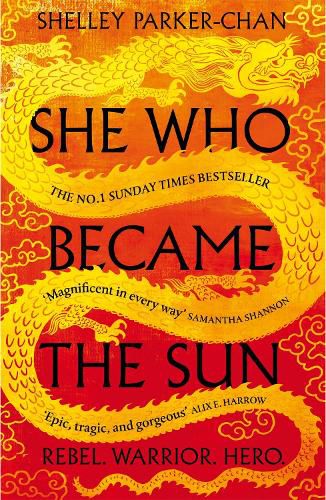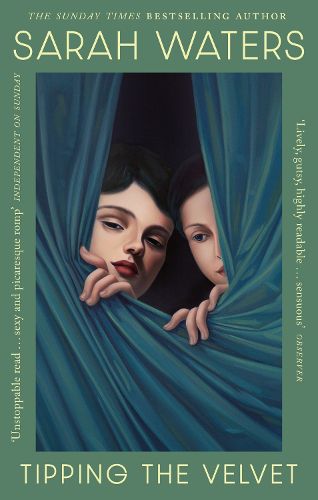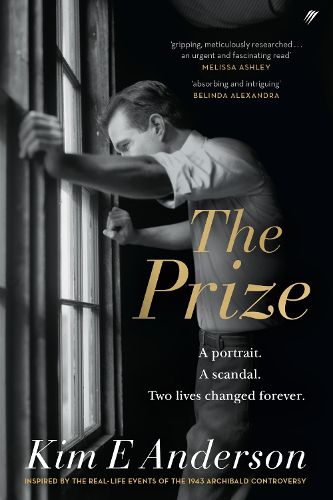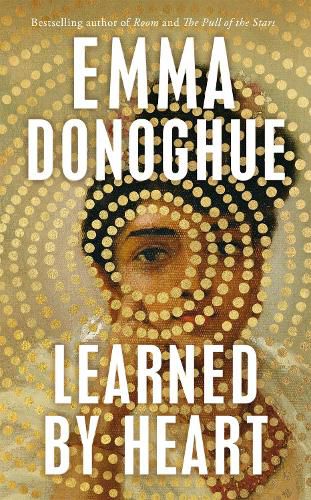LGBTQIA+ people have long been discriminated against and criminalised, their stories erased from history. But queer people across the spectrum have always been here, and these heartfelt books of historic fiction reflect that. From Alexander the Great to Melbourne in 1943, explore stories of love, power, rebellion and friendship that recognise the place of the LGBTQIA+ community across history.
Matrix by Lauren Groff
This is a wonderful book where free thinking, community and innovation triumph over convention. Matrix is the story of Marie, a young French noblewoman who is sent away to an English abbey. Without any strong religious belief, she is made prioress of the sadly impoverished abbey, and receives her first taste of genuine power.
The book follows her gradual transformation of the abbey over several decades, and how the sisters young and old come to worship her as a unique authority within the church. Woven throughout the story is Marie's desperate pining for the French queen and the sapphic love that quietly flourishes in the seclusion of the abbey. There is no punishment dealt out to the women-loving women throughout this book, instead Groff uses this story to suggest the quiet rebellions that have been left out of countless history books.
She Who Became the Sun by Shelley Parker-Chan
This is an epic saga set in 14th century China, following a peasant girl who assumes her dead brother's identity to attempt to escape starvation and the hopeless fate predicted for her. Under this male guise, Zhu rises from poverty to power, leading an army against the Mongul invaders. Throughout the book, and it's sequel He Who Drowned the World, Parker-Chan subverts stereotypes and explores nuance across gender identities.
While there is some fantasy woven throughout this story, it is firmly rooted in a specific era and is full of real people and events from Chinese history – even while Parker-Chan is masterfully reimagining the life of one of the country's most notoriously ruthless leaders. So briefly forget about historical accuracy and let yourself be swept up in this captivating duology that fluidly plays with concepts of gender and sexuality.
Tipping The Velvet by Sarah Waters
This is a lush saga of a novel that follows Nan from her simple youth shucking oysters in a coastal town, into the gilded music halls of Victorian London and across the shabby, poverty-striken streets of the city. Across a series of jobs, lovers and identities, Nan discovers things about herself and those around her that are shocking and sensuous in equal measure.
It was difficult deciding which of Sarah Water's incredible books to include in this list, because she specialises in queering historical fiction. I chose Tipping the Velvet because it's her first and one of my favourites, but if you want more once you're finished, pick up Fingersmith, another sapphic Victorian love story but this time with a gothic twist . . .
The Prize by Kim E. Anderson
The Prize is a quietly tragic story about two artists drawn into scandal in post-war Melbourne. In 1943 Australia, conservatism is rampant in the wake of the war, homosexuality is illegal and while modernism is making its way into Australian art, it's far from welcome. In the midst of this, William Dobell won the Archibald Prize for his portrait of his fellow artist and lover, Joshua Smith.
Dobell's winning portrait is a perfect combination of these social pressure points, and it's win sparks a cry of outrage that ultimately lands both men in court, balancing on a knife's edge between exile and celebrity. The fact that this whole novel is based in real events makes it all the more heartbreaking – and it's recency in Australian history is a reminder of the huge progress this country has made thanks to LGBTQIA+ activists.
The Persian Boy by Mary Renault
This is a modern queer classic, exploring the life and death of Alexander the Great. A follow up to Fire from Heaven, The Persian Boy is told from the perspective of Bagoas, Alexander's lover and confidant. But Bagoas is not just Alexander's lover, but also one of the many whose homeland was conquered by the indomitable emperor. Through this narrator, Renault examines Alexander's queer identity alongside his legacy as a great warrior and ambitious leader.
Looking beyond his many battles, in The Persian Boy, Renault tries to paint a portrait of Alexander as a man, through one of his most steadfast and loving relationships. If you were a fan of Madeline Miller's The Song of Achilles, this book will be perfect for you.
Learned By Heart by Emma Donoghue
If you know much about lesbian history, or have watched the incredible period drama Gentleman Jack, you've heard of Anne Lister. She lived in 19th century England and was a prolific diarist, shedding light on the reality of country life in the era, on her seemingly endless areas of niche knowledge, and on her various love affairs with women. Her most well-known relationship was with Ann Walker, who she symbolically married in a church in York that is now celebrated as the birthplace of lesbian marriage in Britain.
But Learned By Heart explores Anne's first sapphic relationship, and a friendship that started at boarding school but shaped the lives of two women. Sharing a sense of otherness, Eliza and Anne form a bond that lasts from the schoolroom into adulthood, in a society that inevitably sought to limit and reduce women.
In Memoriam by Alice Winn
This is a tragic love story set in the midst of the First World War, following Henry and Sidney from their idyllic youth in a country boarding school to the European trenches.
Henry is hopelessly in love with his best friend, Sidney, but is determined to hide his infatuation, never suspecting that Sidney might be equally in love with him. After the outbreak of war, Henry is one of the first of their circle to enlist, and while the front is full of horrors, at first it provides a welcome reprieve from his feelings for Sidney. But before too long, Sidney and their school friends have also signed up and Henry is forced to confront his feelings. And in the midst of war, every moment of solace comes hand in hand with tragedy.
Winn's story is purely fictional, but it has strong echoes of the lives of real men and notable poets from the First World War, and it serves as a potent reminder of the many gay men of the period whose identities had to be hidden or unacknowledged throughout their lives.


